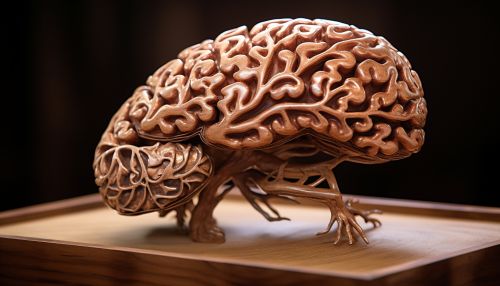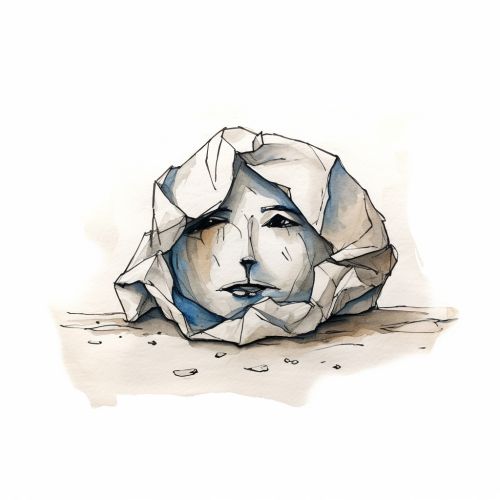Treatment for Depression
Overview
Depression, also known as MDD, is a common and serious mood disorder. It is characterized by persistent feelings of sadness, hopelessness, and a lack of interest or pleasure in activities. It is often accompanied by physical symptoms such as disturbances in sleep and appetite, fatigue, and difficulty concentrating. Depression can lead to a variety of emotional and physical problems and can decrease a person's ability to function at work and at home.


Causes
Depression is a complex disorder with multiple contributing factors. It is believed to be caused by a combination of genetic, biological, environmental, and psychological factors. Some people may be predisposed to depression due to their genetic makeup. Certain life events, such as the death of a loved one, a major life change, or high levels of stress, can also trigger depression. Additionally, some medical conditions (e.g., thyroid disorders, brain tumors) and certain medications (e.g., some drugs used to treat high blood pressure) can cause depression.


Symptoms
Depression symptoms can vary from mild to severe and can include:
- Feeling sad or having a depressed mood
- Loss of interest or pleasure in activities once enjoyed
- Changes in appetite — weight loss or gain unrelated to dieting
- Trouble sleeping or sleeping too much
- Loss of energy or increased fatigue
- Feeling worthless or guilty
- Difficulty thinking, concentrating or making decisions
- Thoughts of death or suicide


Diagnosis
Depression is diagnosed based on the patient's reported symptoms, behavior, and mental status. The DSM-5, published by the American Psychiatric Association, provides criteria for the diagnosis of depression. According to the DSM-5, a diagnosis of depression requires a person to have experienced five or more of the symptoms listed in the previous section over a two-week period. At least one of the symptoms must be either a depressed mood or a loss of interest or pleasure in activities.
Treatment
Treatment for depression often involves a combination of medication, psychotherapy, and lifestyle changes. The most common forms of treatment include:


Medication
Antidepressant medication can help to alleviate the symptoms of depression. There are several types of antidepressants, including selective serotonin reuptake inhibitors (SSRIs), serotonin and norepinephrine reuptake inhibitors (SNRIs), and atypical antidepressants. Each type works in a different way and has different side effects.
Psychotherapy
Psychotherapy, or talk therapy, is often used in conjunction with medication to treat depression. Cognitive-behavioral therapy (CBT) and interpersonal therapy (IPT) are among the most effective forms of psychotherapy for depression.
Lifestyle Changes
Lifestyle changes can also play a key role in managing depression. Regular exercise, a healthy diet, adequate sleep, and reducing stress can all help to reduce the symptoms of depression.
Prognosis
With appropriate treatment, most people with depression can achieve a significant reduction in symptoms and improve their quality of life. However, for some people, depression can be a chronic illness that requires long-term treatment.


